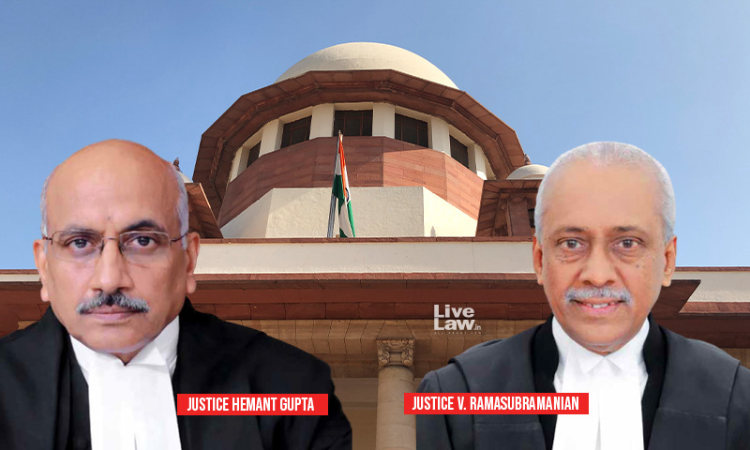Document's Author Need Not Be Examined If Signature Is Not Denied : Supreme Court
Sohini Chowdhury
23 Dec 2021 10:19 AM IST

Next Story
23 Dec 2021 10:19 AM IST
The Supreme Court has observed in its judgment delivered on December 16 that the examination of the author of a document is not required, if they had not denied their signature on the document, but only pleaded duress in execution of the same. "The High Court,in the impugned judgment, erred in holding that the appellant had not examined the author of the documents. Such reasoning is...
